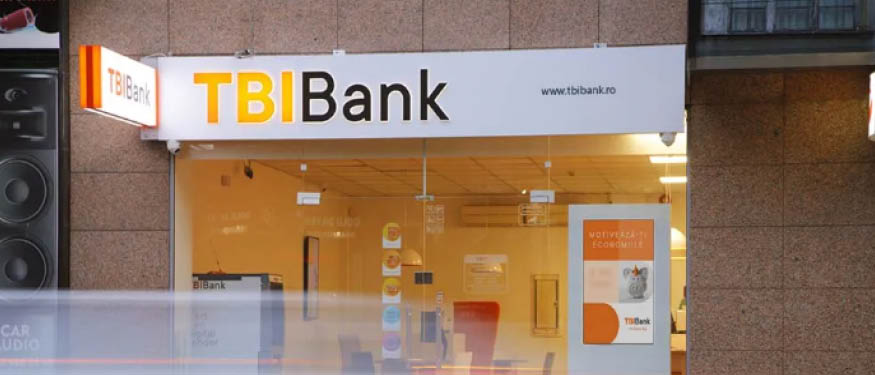Taking a deep dive into the most interesting recent developments in Kosovo, Vokshi & Lata Partner Florin Lata discusses a projected 4% GDP growth for the year, significant legal reforms across several sectors, as well as key business and economic drivers for the small Balkan market.
The World Bank has projected a 4% GDP growth for Kosovo this year, a most positive indicator as Lata points out: "We see a steady improvement in economic terms, with decreasing inflation," he says. "While investments in the energy sector and infrastructure are not massive, they mark a notable increase compared to last year. The economy of Kosovo has been consistently growing, which is encouraging; although the percentages can vary, the overall trend remains positive," he shares.
It's not all smooth sailing, however, as immigration has been a significant issue in Kosovo, with many citizens moving to Germany for work, Lata says. "Many Kosovans are moving to Germany with work visas, a trend common across the region, including Albania and Serbia. This migration is causing a labor shortage, and we need to find solutions to continue local production and sustain our economy," he stresses.
And progress is being made in other important legislative areas, with Lata mentioning a few interesting developments. "One of the significant developments is the expected approval of the Administrative Court by the assembly next month. Until now, we only had a department within the Pristina court handling administrative matters. This new court will be a crucial development for lawyers and citizens, as administrative issues have been neglected in the past, making it difficult to reach timely decisions," he explains. Additionally, there's a new law concerning court fees. "Previously, parties often went to court without lawyers because it was too expensive. Now, with the possibility of reimbursement for lawyer fees, it will make the process more accessible," he adds.
Additionally, Lata reports there are "important changes in tax procedures, particularly regarding payments over EUR 300. These must now be made via banking transfers instead of cash." While this might be challenging initially, he feels it is a move towards greater transparency and "will benefit the economy in the long run."
Moving on, Lata mentions interesting developments in the renewable energy and IT sectors. "Solar energy, in particular, has great potential in Kosovo," he says. "Although the licensing process has been complicated, Kosovo is well-positioned to develop solar energy. We're currently working on two solar projects that we hope to launch next year in different areas of Kosovo," he adds. At the same time, he notes the "IT sector has a very high potential, with many startups and opportunities for employment. Both international and local companies are making significant strides here."
Finally, Lata mentions a somewhat rarely talked about sector these days – fashion – as being a most promising one for Kosovo. "Fashion is particularly important from a copyright law perspective. Kosovo has over 50 well-known designers, and e-commerce in this sector is booming. Many designers are now working with local companies, making fashion one of the top five industries with the most potential in Kosovo," he explains.
Looking ahead, Lata concludes by saying that "Kosovo is on a positive trajectory with steady economic growth, legal reforms, and developments in various sectors. The future looks promising if we continue on this path."
















